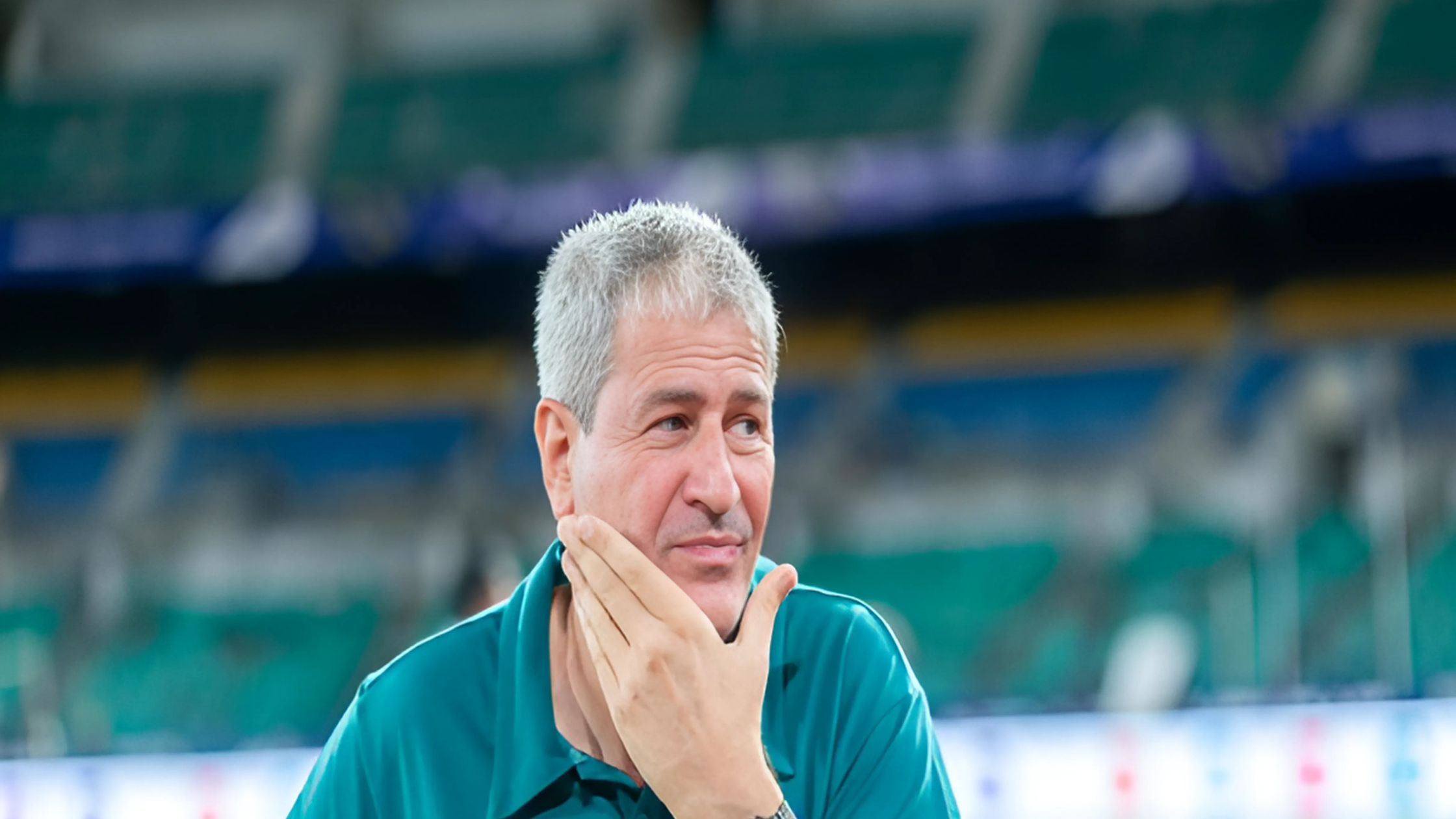The idea of a dual coach, or someone who oversees both a club and a national team at the same time, has become a unique yet fascinating phenomena in the fast-paced world of football administration. This dual post has gained attention in India since Manolo Marquez was appointed head coach of both FC Goa and the Indian national football team. This case study explores Marquez’s path, examining the benefits and drawbacks of his dual roles as well as how they affect Indian football.
The Journey of Manolo Marquez
In the middle of 2024, Spanish strategist Manolo Marquez, known for developing young players and employing fluid, possession-based football, took over as FC Goa’s manager in the Indian Super League (ISL). He was appointed head coach of the Indian national side within months of his success at the club level and his comprehension of Indian football dynamics. Marquez had the chance to close the gap between Indian domestic and international football because to this dual job.
Advantages of a Dual Role
Continuity in Player Development: Players can move smoothly from club to national responsibilities thanks to Marquez’s dual position. Young players nurtured at FC Goa can be seamlessly incorporated into the national team, guaranteeing consistency in tactics and playing style.
Unified Playing Philosophy: Marquez can establish a uniform playing style across Indian football’s various levels by managing both teams. The All India Football Federation’s (AIFF) long-term goals of giving Indian football a distinctive character are in line with this strategy.
In-depth Player Knowledge: Marquez gains extensive first-hand experience with players through his role as club manager. By considering form, fitness, and suitability with his tactical philosophy, he is able to make well-informed choices when choosing the national team.
Optimized Resources: Marquez two roles encourage FC Goa and the national team to share resources. Both setups can gain from the effective use of training facilities, sports science knowledge, and analytical tools.
Challenges of Dual Responsibilities
Time Management: There are many difficulties in juggling the demands of an intense ISL season with international games. To prevent fatigue and guarantee peak performance for both teams, Marquez needs to efficiently manage time and prioritize assignments.
Conflicts of Interest: There are concerns regarding impartiality because of the dual job. Critics contend that FC Goa players can be given unfair precedence when it comes to selections for the national team, which could make players from other clubs unhappy.
Pressure and Expectations: The dual function increases pressure and scrutiny. A difficult atmosphere for Marquez to navigate could result from success in one role overshadowing failings in the other.
Logistical Complexity: It is logistically difficult to coordinate the schedules of both teams’ travel, practice, and games. Conflicts can arise from overlapping responsibilities, necessitating careful preparation and coordination.
Impact on Indian Football
Marquez dual role has the potential to reshape Indian football in several ways:
Enhanced Player Pathways: Marquez can speed up the development of young players by spotting and developing talent at FC Goa and providing a direct line of communication to the national team.
Raising Tactical Standards: Marquez strategic skills have the potential to improve Indian football both at home and abroad. His focus on possession-based football fosters players’ technical skill and inventiveness.
Strengthening Club-National Team Relations: In order to improve Indian football as a whole, his position encourages cooperation between club and national setups, lowering tension and coordinating objectives participants.
Lessons from International Examples
While Marquez situation is unique in India, there have been instances of dual coaches globally. For example Guus Hiddink balanced club obligations with international responsibilities in 2009 by managing both Chelsea and the Russian national team. Dick Advocaat-managed both club and national responsibilities while playing for the Belgium national team and Zen-it Saint Peters-burg. These cases highlight the potential for success but also underscore the challenges of managing competing priorities.
Conclusion
In Indian football, Manolo Marquez dual job is a daring experiment that presents both chances and difficulties. Effective management might create a shared vision for Indian football and open the door to a new era of cooperation between club and national teams. But the effectiveness of this strategy will rely on Marquez capacity to manage his obligations and produce outcomes on both fronts. His experience will be a crucial case study for examining the viability and effects of having two coaches as Indian football develops.




